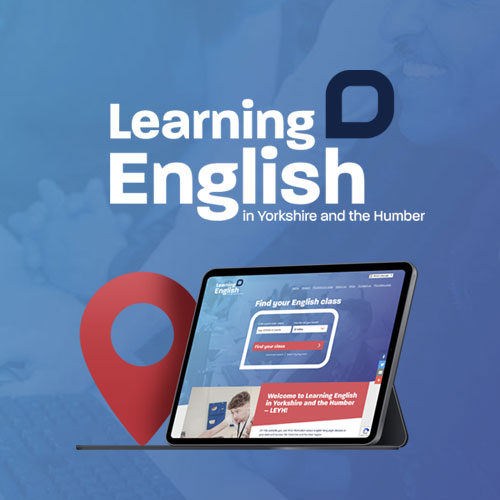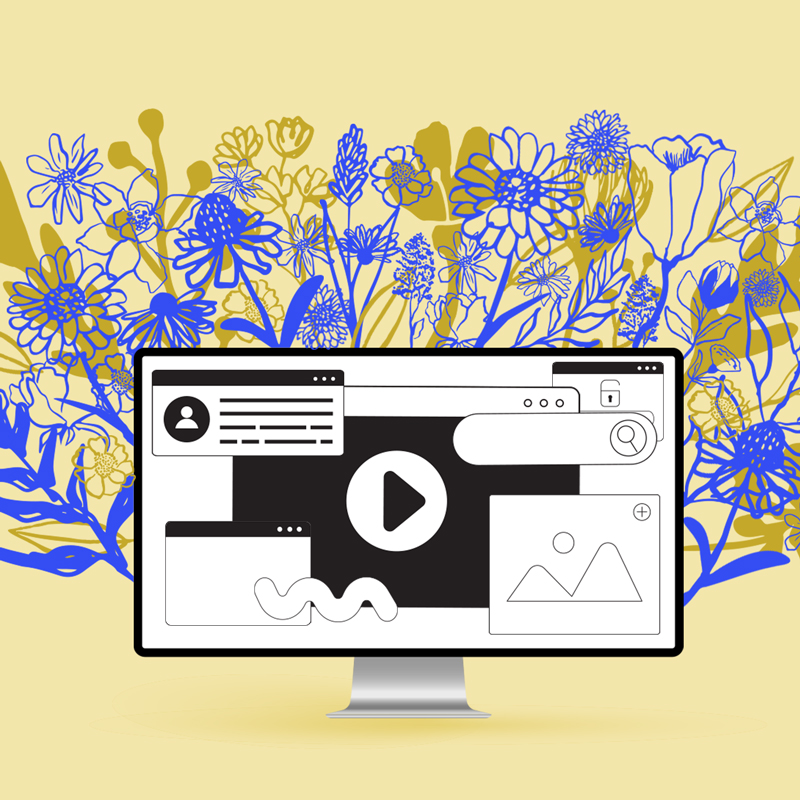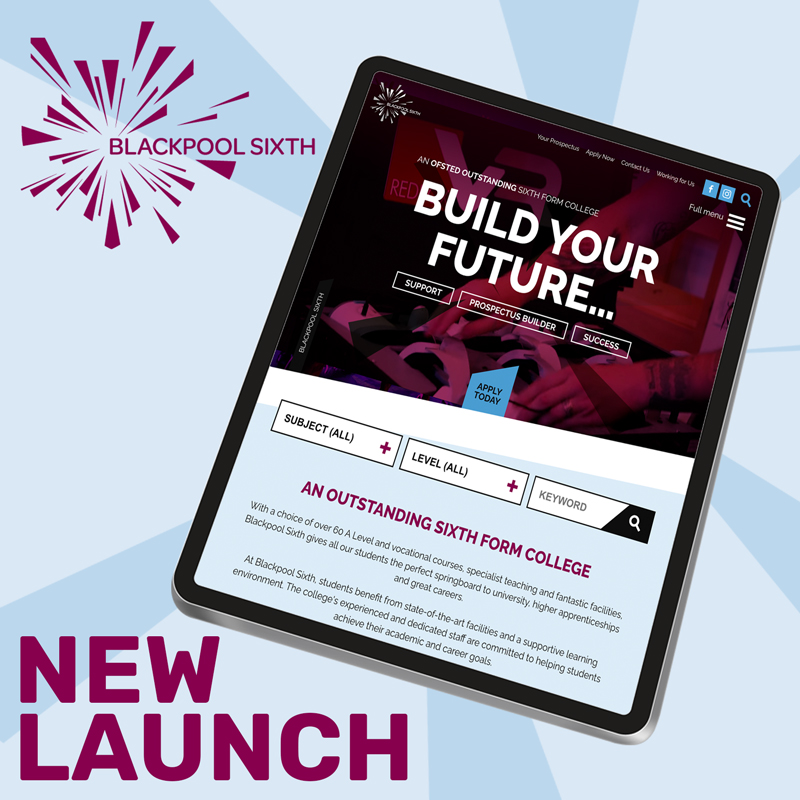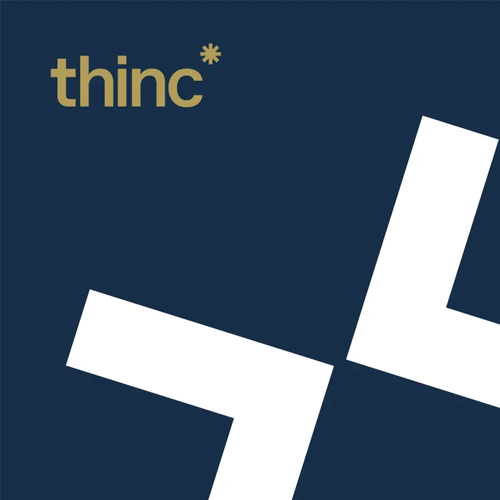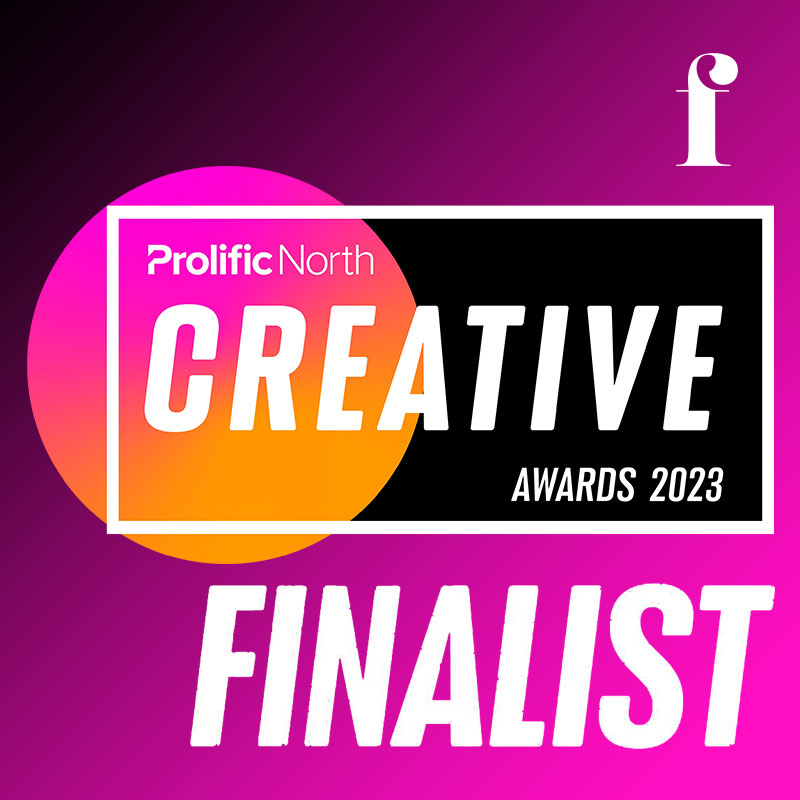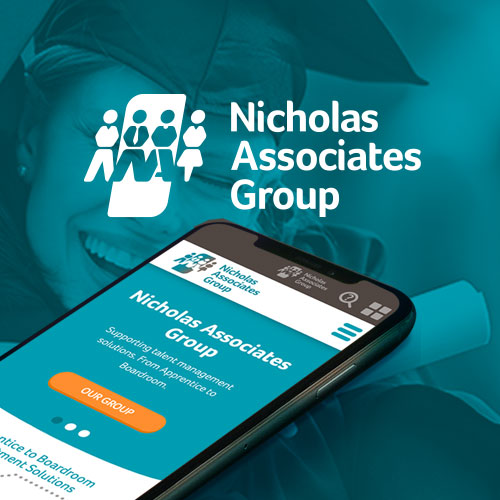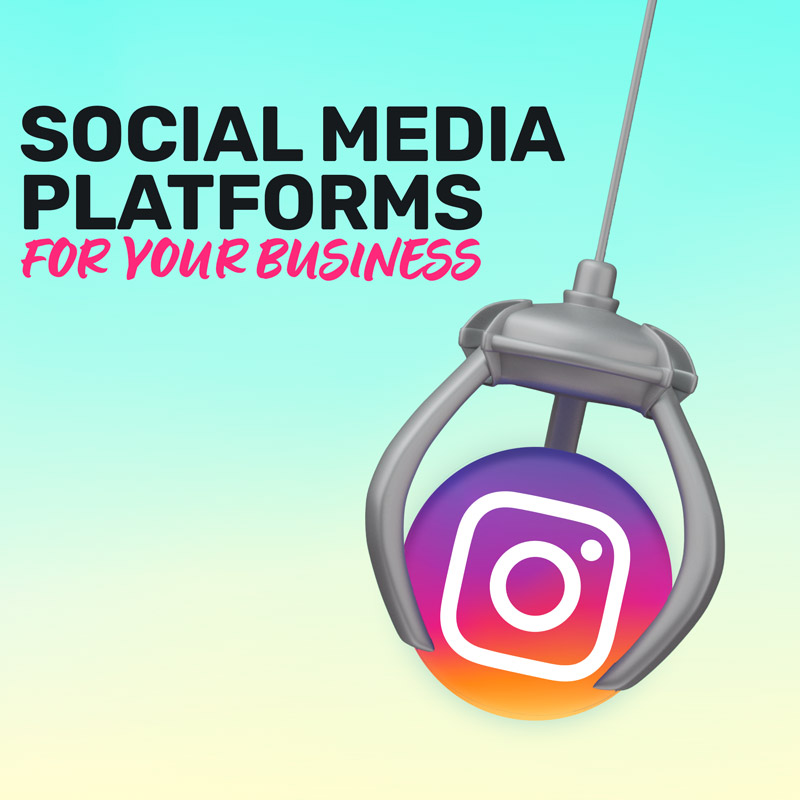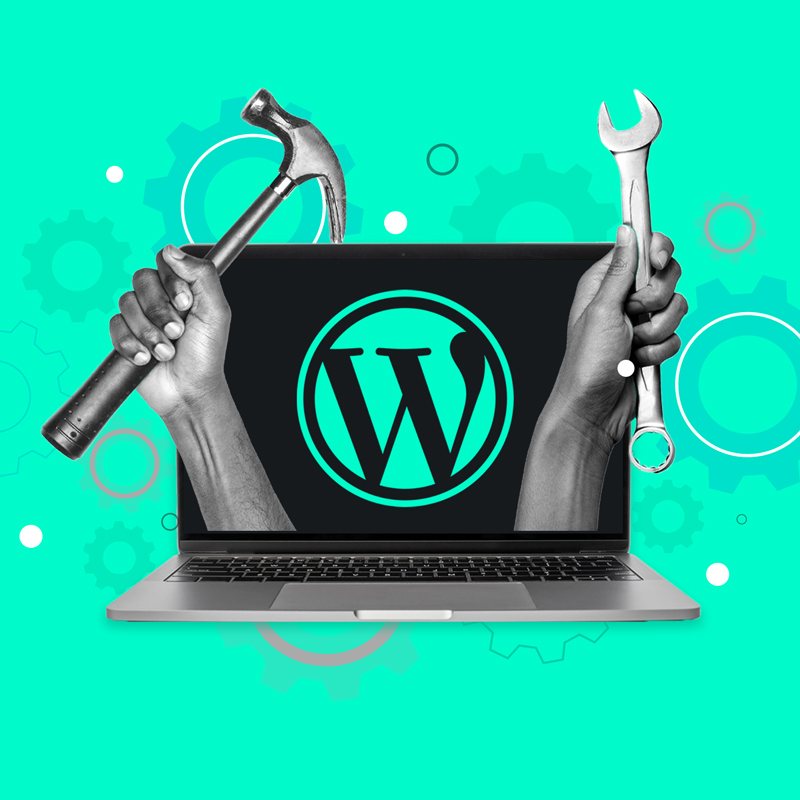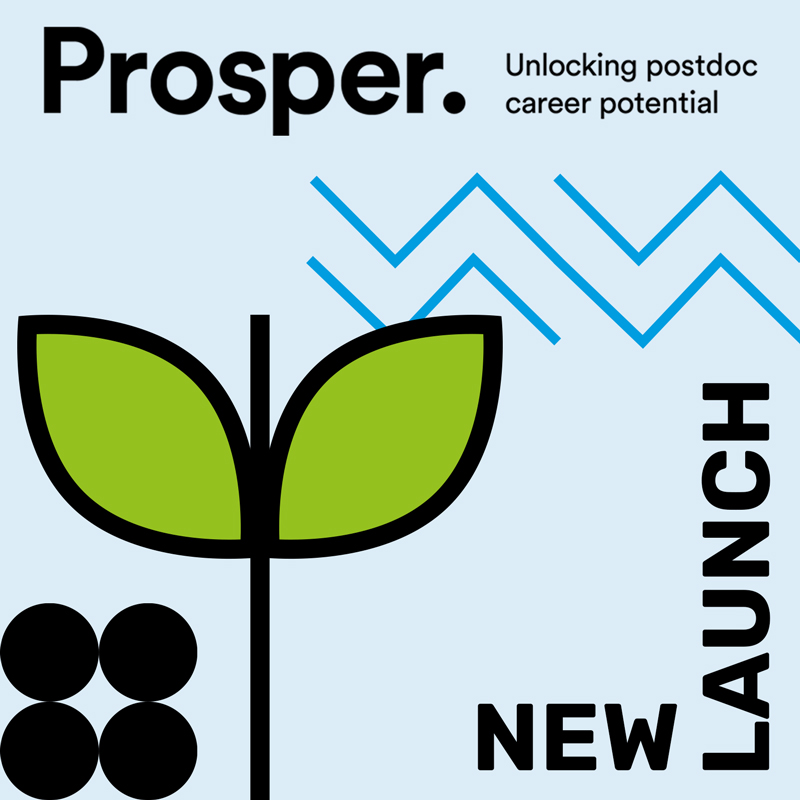Product recommendations
Machine learning takes data and groups customers based on their behaviour and demographics. Then it makes predictions to suggest what someone might need to buy or investigate next.
Facial Recognition
The most obvious example of this is photo tagging suggestions on social media or cloud storage apps.
But it’s also been used in genetic disease detection and fighting crimes such as people trafficking and exploitation.
Social media optimisation
Any Instagram or TikTok user knows it’s no accident what ends up on their feed.
Social media platforms use machine learning to serve us more of the content we want to see and less of the stuff we don’t. Plus they use it to target ads to the most receptive audience. So if you’ve ever wondered how the algorithm knows you so well, you can thank AI.
Email automation
As you mark emails that accidentally end up in your spam folder as safe, you’re helping the spam filters learn what should and shouldn’t be in your inbox.
Machine learning also helps us know the best times for sending out marketing emails. And it categorises your incoming emails by importance, based on your past behaviour.
Voice to text & language recognition
If you start your day by asking Alexa to turn on the lights or add something to your shopping list you’re not alone.
More than half of UK households now own some kind of speech recognition assistant. And they all use machine learning to gradually improve their output.
Predictive text is another example. See it in action when your phone starts predicting the misspelt slang terms you use in messages.
Improving brand consistency
Brand consistency is key to building audience trust and loyalty. It creates a more enjoyable customer experience and helps your business stand out in a crowded market.
How can AI help with this? You can harness the power of AI to make for smoother customer relationships. Bots can handle low-level enquiries for quick response times. This speeds up useful information to customers. And your staff are free to get on with more creative and interesting tasks.
You can also use it to handle repetitive jobs. Think customer self-service, booking appointments, taking payments, and transcribing calls. This makes for fewer missed steps and a more enjoyable customer experience.
Time and cost savings
AI can take tedious and manual tasks off your hands. Not only can chatbots handle low-level customer service enquiries, but you can also use AI to optimise logistics. Saving you time and money on your deliveries.
The result? Higher customer satisfaction levels. Your staff will be happier too as you free them up from mundane less enjoyable jobs.
Reducing human error
From payroll slip-ups to issues booking sales calls, human error can cost your business big.
Weaving AI into your processes can help you avoid expensive mistakes. Wouldn’t you rather channel that saved money into growth and development instead?
AI can flag absent values in data input and analysis. It can also automate appointment bookings and reminders. And it can make sure no details are missing from meeting notes.
Capturing data-driven insights
Personalisation is key to an enhanced customer experience. And this is where AI can use data to make accurate recommendations.
AI whizzes through huge amounts of your customer behaviour data in minutes. It then triggers automation, offering laser-focused, personalised experiences, services or products.
Content originality and accuracy
ChatGPT and other generative AI tools have upended content creation since they blazed onto the mainstream.
We marvel at their ability to produce text in seconds that it would take a human writer most of the day to create. But we need to pause and remember that it’s far from perfect.
These large language models are trained on huge datasets that aren’t necessarily bang up to date. So, don’t rely on it being correct.
It can – and does – make mistakes. In fact, two recent studies from Stanford and Berkeley have shown that ChatGPT’s accuracy has actually gotten worse over time. Especially when used for creating lines of code. So, make sure you triple-check everything it chucks out.
You also need to make sure you’re not just copying and pasting its output word-for-word. Put your own spin on it. Adapt it for your audience and tone of voice. If you don’t, you could find yourself in hot water when it comes to plagiarism.
Ultimately, some things are still best left to the experts (that’s us!).
Prompt accuracy
You also need to make sure you take time to learn how to use these tools.
Simply asking the tool to ‘write me a blog post on how to choose a university course’ will have disappointing results. You’ll get a very generic overview of how to choose what to study.
Whereas, if you craft a detailed prompt telling the tool that your target audience is nursing students who want to look at universities in the North of England, who are concerned with course quality, location, cost of living etc, you’ll get a much more useful result.
The best way is to start a conversation with the tool and train it with simple and clear prompts. You can do this in stages. Tell it a bit of background about your brand, the goals of the piece, and your target audience.
You can then layer information in with more prompts. And you can check its understanding as you go.
Generative AI gives the best results when its users understand how to use it. But beware that you have zero privacy with any of the information you feed it.
The tools have full freedom to use your data in training their AI. So don’t give it anything you wouldn’t be comfortable sharing on your website.
Americanisms
Authenticity is a huge concern for brands. People actually buy from people. They want to know there’s a soul behind the brand. That there’s a human connection.
Plus, some audiences don’t trust AI or just plain don’t like it. They’ll lose trust in a brand if it’s obvious their content isn’t created by humans.
And with written content, there are little tells that make AI-generated copy stand right out. And not in a good way.
One of the most common tells is Americanisms. Some generative AI tools are set to American spellings as default.
And if you’re not a US brand, this won’t be ideal. So do yourself a favour and make sure you edit everything. Make it align with your brand personality and tone of voice.
Impersonal and generic text
Poor-quality prompts are the best way to get impersonal and generic output. But even with the best prompts, these tools still fall short when compared with human writers.
They can be a good starting point, but it’s important to see them as just that. This might change as AI continues to advance, but right now, it will struggle to get your tone right.
The whole point of creating content is to bring value and entertainment to your reader. And you can’t do that with generic and bland content.
So, until it can mimic tone, weaving in your personality and stories, you’ll need to edit whatever it serves you up.
Environmental issues
Few people know about the potential environmental impact of widespread AI use. But it’s worth considering.
Consider that training a single generative AI model consumes as much water as a person would in 27 years.
Plus, the data centres, processors and other hardware used in AI infrastructure could account for 1-1.5% of total global electricity consumption.
Green issues are important to us here at Feel Created. While we’re happy to embrace AI for small tasks we’d never let it take over.
Reducing our impact on the environment is central to our work as a carbon-neutral creative digital agency.
Not all audiences trust AI
We know that not all audiences trust AI. In fact, 62% of customers are less likely to trust content if they know it’s AI-produced. You need to understand how your audience feels about artificial intelligence before you steam in with full adoption.
Be picky with how you use AI and make sure you’re consistent. The last thing you want is to alienate your target audience with poor-quality, off-brand content. Remember your audience still needs to be at the forefront of all your business decisions.
Social media marketing
If you use social media as part of your marketing strategy, you’re probably already using AI without even realising it. Following a platform’s posting suggestions based on trending topics or user engagement, for example.
Email marketing
Not only can you use AI to help you create the content for your email campaigns, you can also use it as part of your strategy.
Personalisation is key for email marketing best practice. And AI can help you segment your audience, automate your sequences and optimise send times for maximum return on investment.
Audience segmentation
You can use AI to categorise your audience, so you only send them the most relevant messages. For example, you can target your email subscribers by behaviour.
If they have abandoned a shopping cart, it can put them into an automated abandoned cart email sequence.
You can also segment your customers using other factors like demographics and interests.
Content generation
We’ve touched on this earlier, but you can use AI to help you with the content-writing process for blogs, social media captions and web copy.
Like with anything, make sure you use it for specific phases of this process and never for a full and final draft. It still needs to sound like your brand for your audience to connect with it.
You can also use it to help you create social media assets like images and videos. Tools like Canva offer a free version and is a great place to start for speedy image and video creation.
SEO (search engine optimisation)
You can also use AI to boost your website’s SEO (search engine optimisation).
AI-powered SEO tools understand search engine ranking factors. And they can crawl and analyse top-performing content in minutes.
They’ll then suggest the keywords you can weave into your written content to help it rank higher. These tools can also help you with building a backlinking strategy.
But if you’re not quite trusting of AI yet, then this is also something we can help with. Our team can advise you on the best SEO strategy for your business.





